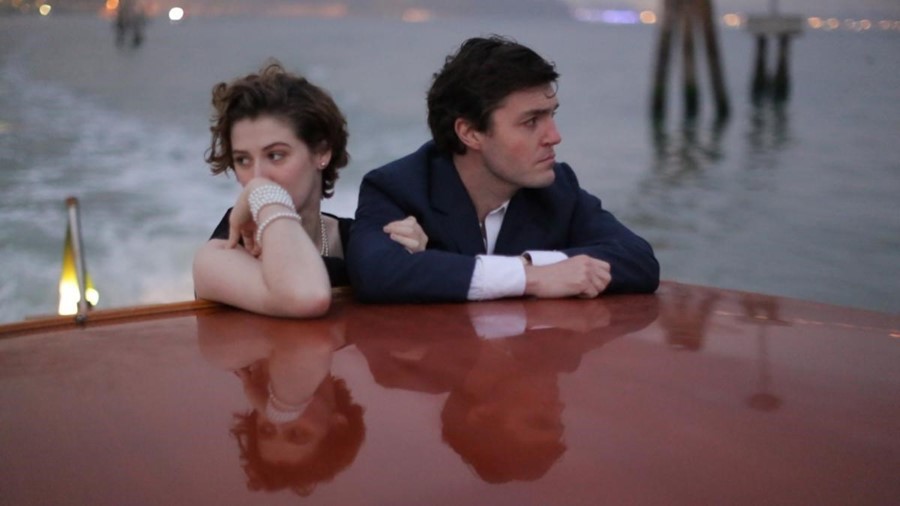Carmen Gray rounds up the best of the year’s arthouse cinema – from the Safdie brothers’ gutsy Uncut Gems to Kantemir Balagov’s majestic Beanpole
It was a year when even the corners of the film world assumed to be arthouse strongholds were swayed by an enthusiasm for mainstream comic book movies and big-budget hype. Joker, Todd Phillips’ take on Gotham City’s most iconic villain, which reimagined him for the incel era and has now just bypassed a billion dollars at the global box office, snagged the Venice Film Festival’s top Golden Lion award, in a shock win. Quention Tarantino’s Once Upon a Time In Hollywood, a dazzling, nostalgic love letter to a bygone, pre-cancel-culture era of big studio movies and bigger male egos, was as all-star as they come, and dominated conversations out of Cannes. Both films were as fascinating as they were controversial, so maybe they deserved to be vortexes of attention. But beyond them, it was a year alive with startlingly innovative arthouse cinema – so let’s not forget its other highlights.
1. The Souvenir (lead image)
The destructive forces of addiction and codependency are portrayed with unflinching, devastating power in Joanna Hogg’s The Souvenir, set in 1980s London. Julie, a somewhat naive film school student from an affluent background (Honor Swinton Byrne) enters a relationship with an older man, Anthony (Tom Burke), a heroin user whose habit he coerces her into funding. The romance and its deterioration come with an aching new sense of self-awareness for Julie. Hogg drew on her own experiences as a young woman given to toting a Super 8 camera around the English capital, even going so far as to incorporate old letters she’d kept into the script.
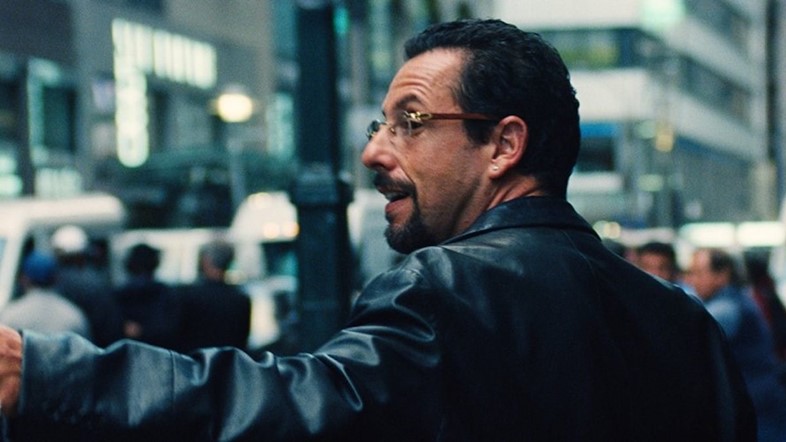
2. Uncut Gems
Safdie brothers Josh and Benny proved themselves the gutsiest chroniclers of the New York underbelly since Abel Ferrara with their features of visceral rawness, street smarts and lurching pace Heaven Knows What (2014) and Good Time (2017). Uncut Gems continues that streak. While Good Time starred a Robert Pattinson so scuzzed-up it gave him a new level of indie cred, blackly comical Uncut Gems does the same for Adam Sandler, who plays a wheeler-dealer jewellery store owner and compulsive gambler. There is incisive social comment, too, on the chain of racial exploitation that underpins America’s alternate economy – if you can catch your breath long enough to ponder it.
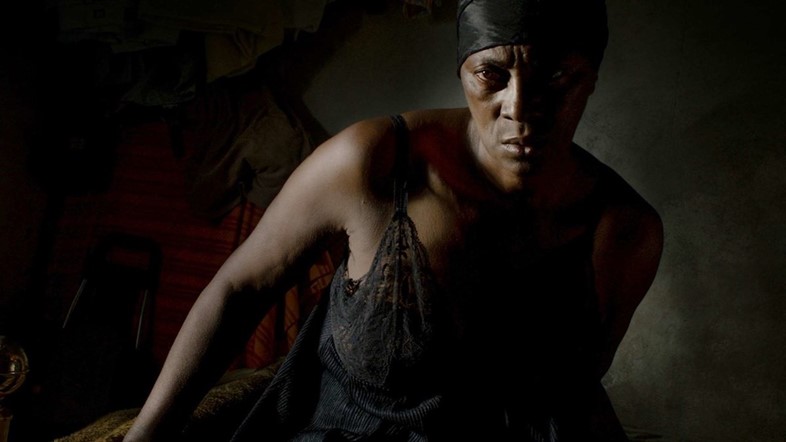
3. Vitalina Varela
“My condolences. You arrived too late. Your husband was buried two days ago. Here in Portugal there is nothing for you. Go home.” Vitalina Varela, a woman from Cape Verde, faces this greeting when she steps off a night flight to Lisbon. But she waited 40 years for her plane ticket, and has no intention of returning so soon. This is a crumbling world of painterly shadows as magnificent as any Caravaggio painting, full of grief and muttered regrets, in which poverty is borne with a sadness as deep as it is dignified. In other words, it’s vintage Pedro Costa, the Portuguese auteur who blends fiction and documentary in his portraits of those marginalised and haunted.
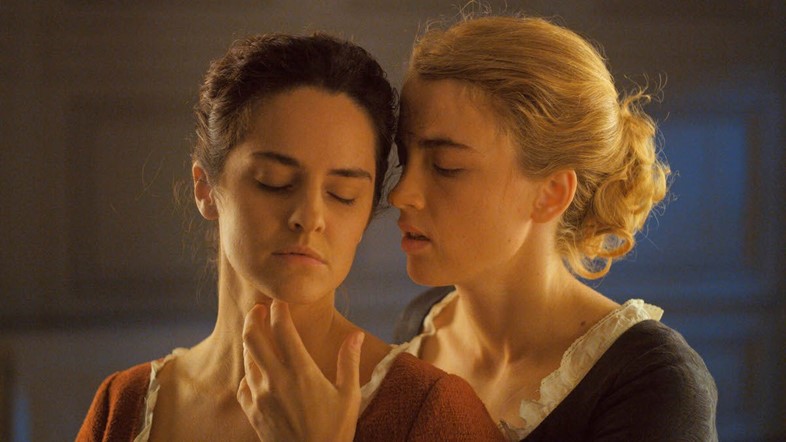
4. Portrait of a Lady on Fire
Gothic, bold, and romantic, French director Céline Sciamma’s Portrait of a Lady on Fire updates the historical territory of gowns, portrait sittings and strategic marriages with the feminist and queer sensibility we know from her earlier films such as Tomboy (2011). Young painter Marianne (Noémie Merlant) arrives on an isolated island in Brittany at the end of the 18th century tasked with producing a likeness of an obstinately reluctant subject. Héloïse (Adèle Haenel) is set to wed the ex-fiancé of her late sister, who threw herself off a cliff beside the sea. As Marianne seeks to win her trust and complete the commission, an unexpected bond ignites.
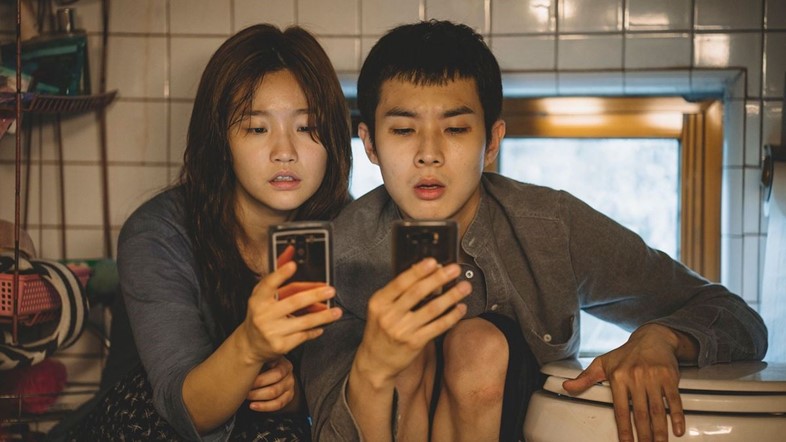
5. Parasite
South Korean director Bong Joon-ho created the year’s most idiosyncratic take on economic inequality with his darkly humorous and utterly bonkers Parasite. A financially struggling family of scammers pose as tutors and domestic staff to infiltrate the home and lives of the affluent Park household in this winner of the Palme d’Or at Cannes. The house holds more secrets than they anticipate, and when the Parks return home early from a camping trip amid torrential rain the fallout from the deception wildly escalates. Brimming with absurd incident and vibrant detail, the film is a riot from start to finish.
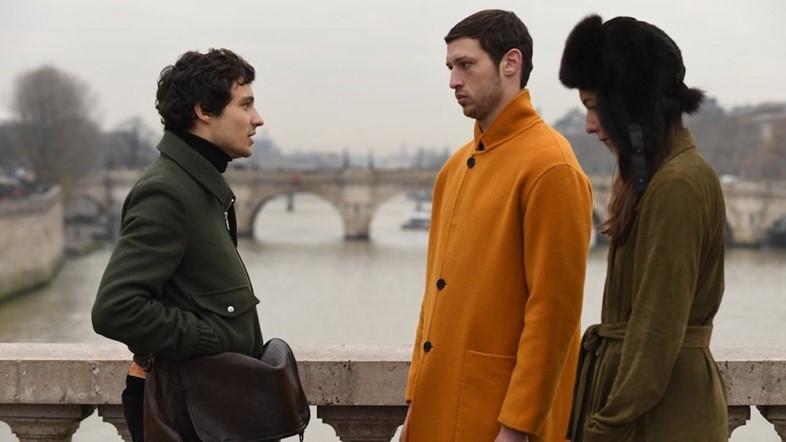
6. Synonyms
Anyone familiar with Israeli director Nadav Lapid’s previous arthouse successes (including 2014’s The Kindergarten Teacher, which was given the American remake treatment last year) will be thrown for six watching his Berlinale winner Synonyms. It’s maddeningly oblique and delirious, and unlike anything he (or anyone else, for that matter) has done before. Tom Mercier plays Yoav, who has just arrived in Paris, having given up on his homeland and language. He awakes in an empty apartment, his belongings stolen, and passes out naked and freezing in a bathtub. A French artist couple help him reconstitute himself from this confused state of dispossession, in this wildly original take on cultural dislocation.
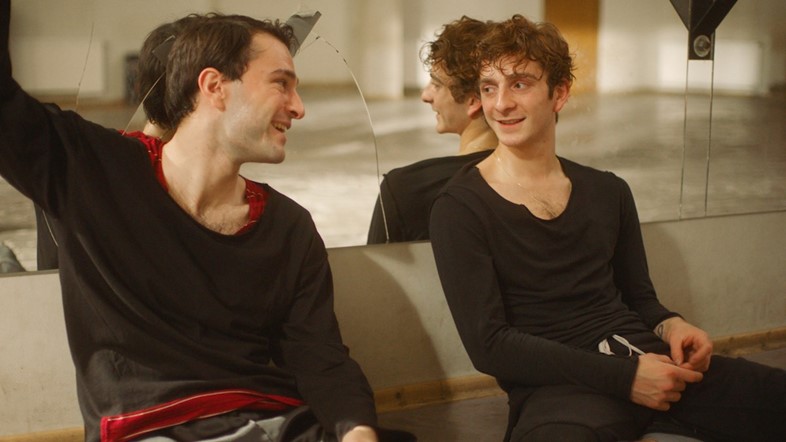
7. And Then We Danced
Screenings of Swedish-Georgian director Levan Akin’s feature And Then We Danced went ahead recently in Tbilisi, the city where it was shot, despite violent protests by the far right against it. The film, which is Sweden’s Oscar entry, sees Merab (Levan Gelbakhiani), a talented dancer in the Georgian National Ensemble, thrown off balance by desire when a rival from Batumi (Bachi Valishvili) joins the troupe. Auditions are approaching to replace a disgraced member of the national ballet who was expelled after being caught sleeping with another man on tour. Merab does not want to meet the same fate, nor is he willing to deny his authentic self.
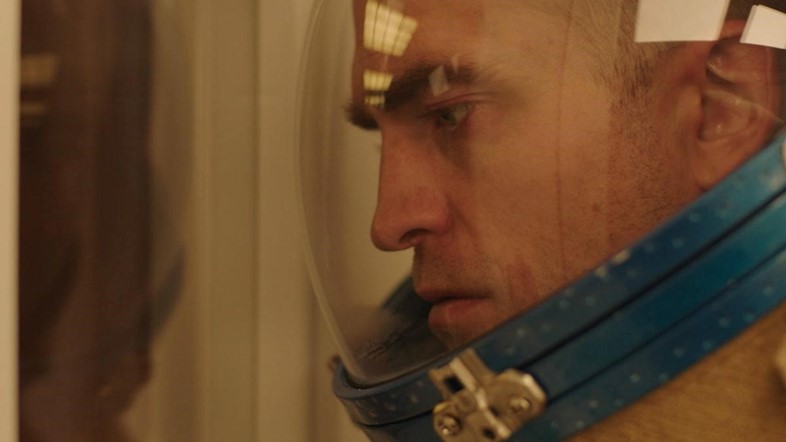
8. High Life
Outer space is a lonely place in French auteur Claire Denis’ stark yet decidedly of-the-flesh sci-fi High Life. Juliette Binoche is on fine form as a doctor experimenting with artificial insemination on a crew of convicts serving death sentences who have been sent on a mission to a black hole to endeavour to extract alternate energy. Sexual activity has been prohibited between them, but carnal urges will not be repressed so easily in a spacecraft complete with a specially designed room for crew masturbation. It all makes for a bracingly odd, disquieting take on technology and colonisation, which suggests progress is just an illusionary veneer over innate human savagery.
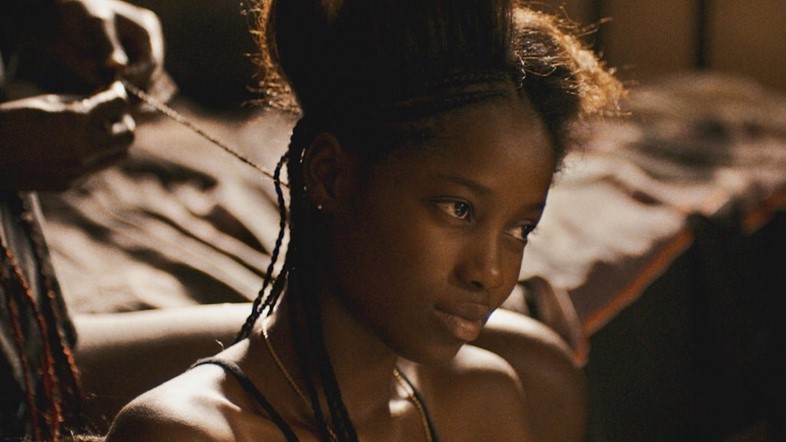
9. Atlantics
Mati Diop’s feature debut as a director, which won the Grand Prix at Cannes, blends social comment with shades of the supernatural. Atlantics is a melancholy tale of a young woman whose secret lover Souleiman (Ibrahima Traoré) has been lost to sea trying to escape economic hardship in Senegal for the European Union. The other construction workers in his boat had also not been paid for months. Ada (Mama Sané) must pick up the pieces after this heartbreak, but when the time for her to marry another man comes, it seems Souleiman may not be as dead as she had thought – at least as long as he and his fellow presumed drowned have scores to settle.
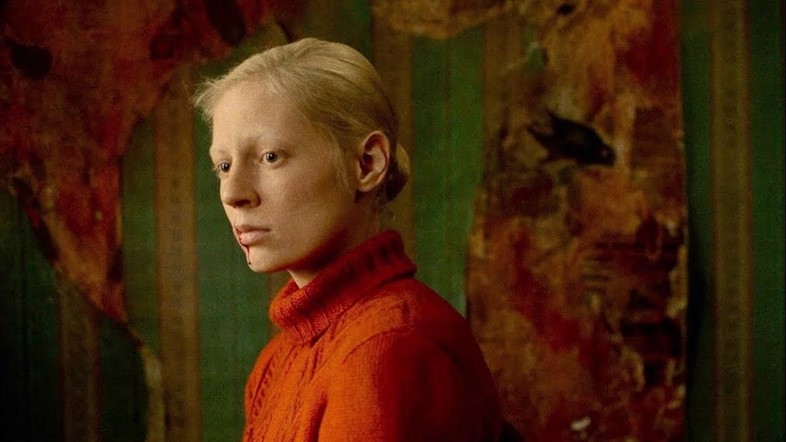
10. Beanpole
Kantemir Balagov is only 28, but with his second feature, Beanpole, the director has pulled off a Russian work as majestic and ambitious in scope as it is emotionally bold. Awash in a vivid colour scheme of reds and greens, the world of Leningrad just after the siege is one both torrid and bleak; a city still twisted out of joint by psychic trauma, where repressed emotions often surge over. Iya (Viktoria Miroshnichenko), her tall lankiness the key to the title, has been entrusted with looking after the infant son of her friend Masha (Vasilisa Perelygina) while she is at the front. Arriving home to tragedy, Masha demands Iya pays her back a heavy price for what has occurred, and so begins a resentment-fuelled, codependent dance in the name of desperate consolation.
